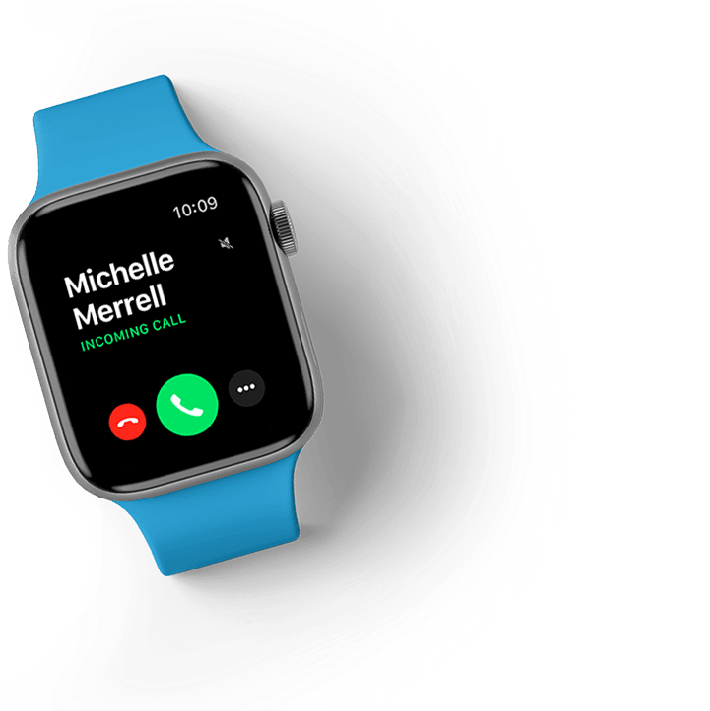With this pandemic, we are inundated with information day and night. Some of the information comes from credible sources and is good information to know and share. Other information is more from anecdotal stories and may not be scientifically accurate or even helpful.
It’s not that we don’t learn from others’ experiences and stories; it’s just that in medicine, we need to follow proven and factual information. Not taking ibuprofen if you have COVID-19 has been a common theme on the internet. When we look at the science behind how ibuprofen works and affects our immune system, we can see why it is being questioned. At the same time, it is a medication that benefits many people around the world by calming their pain and helping them stay active.
For now, we are still collecting data from COVID-19 patients and what things, whether it be medications or habits, seem to make people more vulnerable to or more sick from COVID-19. Some of the initial qualms with ibuprofen came from Italy where many of the sickest patients were older than 70 and also had several co-morbid conditions including diabetes, heart disease, and hypertension. Many people may require anti-inflammatory medications like ibuprofen on a regular basis to be able to move without pain and NSAIDs can increase problems for people who have diabetes and heart disease; I think that may be what we are seeing from Italy.
Certainly as people are affected by this virus and they develop gastrointestinal symptoms or kidney issues, we would recommend they avoid anti-inflammatories such as ibuprofen. For now, however, if someone has mild COVID-19 and needs ibuprofen to stay active or treat fever or pain, it is ok to continue as it allows for better quality of life.
We will continue to collect data but further research is required to truly determine the impact of ibuprofen on COVID-19. The best things to do right now during this pandemic are to get at least 7 hours of sleep nightly, exercise 30 minutes daily, eat a variety of foods daily including fruits and vegetables and find ways to relieve your stress. Go for a walk outside, pray, meditate, listen to music, write, draw, color, call a friend and stay off social media or stop watching the news if it makes you anxious. No one living today has ever seen a pandemic like this and I know all of us here at Primary Health Partners want you to know we are here for you and will help you get through this. We will stay updated on new information as it comes and share the best guidelines to get us all through this pandemic.
-Dr. Krista Schwarz
